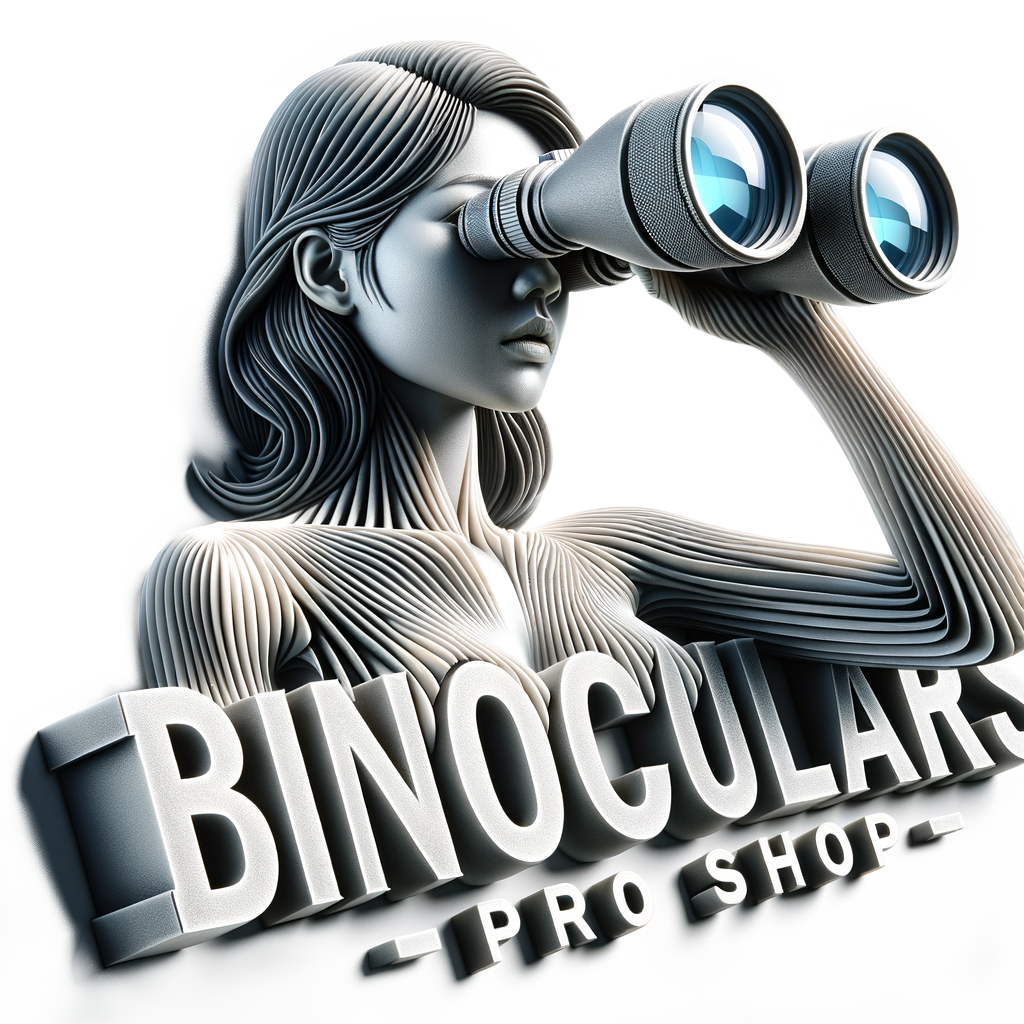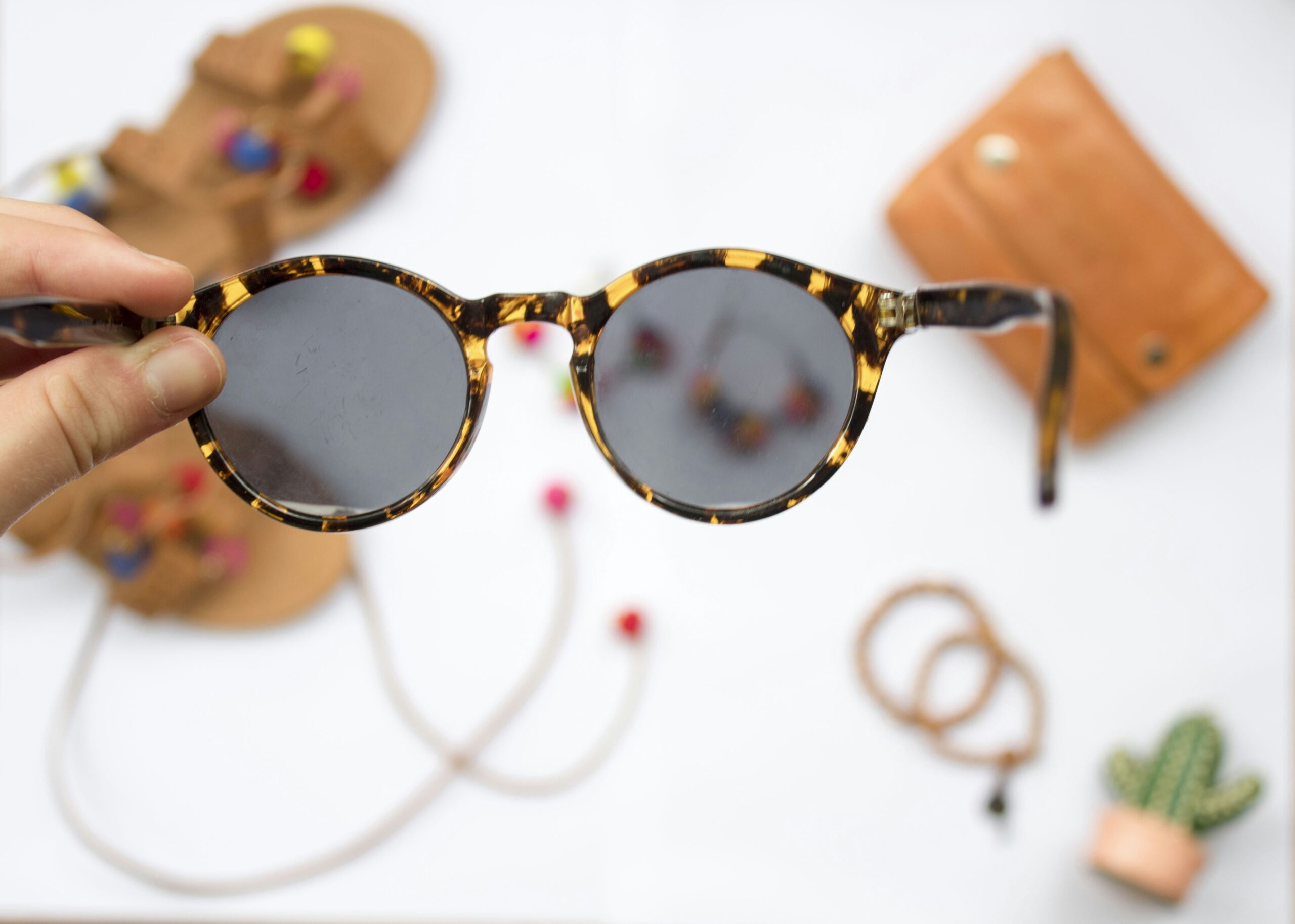If you’re an enthusiastic bird-watcher who wears glasses, finding the perfect pair of binoculars can make all the difference in your experience. Whether you’re a seasoned birder or just getting started, having binoculars that are compatible with your glasses is essential for comfortable and immersive bird-watching. In this article, we’ll explore the top contenders for the title of the best binoculars for birding with glasses, allowing you to make an informed decision and take your bird-watching adventures to new heights.
Understanding the Challenge of Bird Watching with Glasses
Bird watching is a popular hobby enjoyed by many nature enthusiasts. However, for those who wear glasses, this activity can present some challenges. Glasses wearers may find it difficult to achieve the proper focus and clarity when using conventional binoculars, leading to a less satisfying birding experience. Fortunately, there are binoculars specifically designed to address the unique needs of glasses wearers, allowing them to fully enjoy the beauty and intricacy of bird watching. In this article, we will discuss the common problems faced by glasses wearers when bird watching and explore how the right pair of binoculars can help overcome these issues.
Factors to Consider When Buying Binoculars for Birding with Glasses
When choosing binoculars for birding with glasses, there are several important factors to consider to ensure an optimal viewing experience.
Eye relief and its importance for glasses wearers
Eye relief refers to the distance between the eyepiece and your eye. For glasses wearers, it is crucial to select binoculars with sufficient eye relief to accommodate the space occupied by your glasses. The recommended eye relief for glasses wearers is at least 15mm, preferably 18mm or more. This ensures that you can maintain a comfortable viewing distance without having to press your glasses against the eyepieces.
Size and weight considerations
The size and weight of the binoculars are important factors to consider, especially for those who wear glasses. Opt for compact and lightweight binoculars that are easy to carry and handle for extended periods. This will prevent discomfort and strain on your neck and eyes, offering a more enjoyable bird watching experience.
Quality of optics and importance of clarity for birding
The quality of optics is crucial when it comes to bird watching. Look for binoculars with high-quality lenses that provide excellent clarity and color reproduction. This will allow you to observe birds with sharpness and detail, enhancing your overall birding experience.
Considering field of view
Another important consideration when selecting binoculars for birding with glasses is the field of view. A wider field of view allows you to easily locate and track birds as they move. Look for binoculars with a wide field of view, typically expressed as the width of the area visible at 1000 yards.
Understanding the role of magnification in bird watching
Magnification is a key factor to consider when choosing binoculars for birding. Higher magnification may seem beneficial, as it allows for closer observation of birds. However, higher magnification also leads to a narrower field of view and can make it difficult to maintain a stable image, especially without a tripod. For bird watching, a magnification of 7x to 10x is generally recommended.
Price ranges and what to expect for your budget
Binoculars for birding with glasses are available in a wide range of prices. Lower-priced options may have some limitations in terms of optics and durability, while higher-priced models often offer superior image quality and additional features. Consider your budget and choose binoculars that strike a balance between price and performance, ensuring you get the best value for your money.
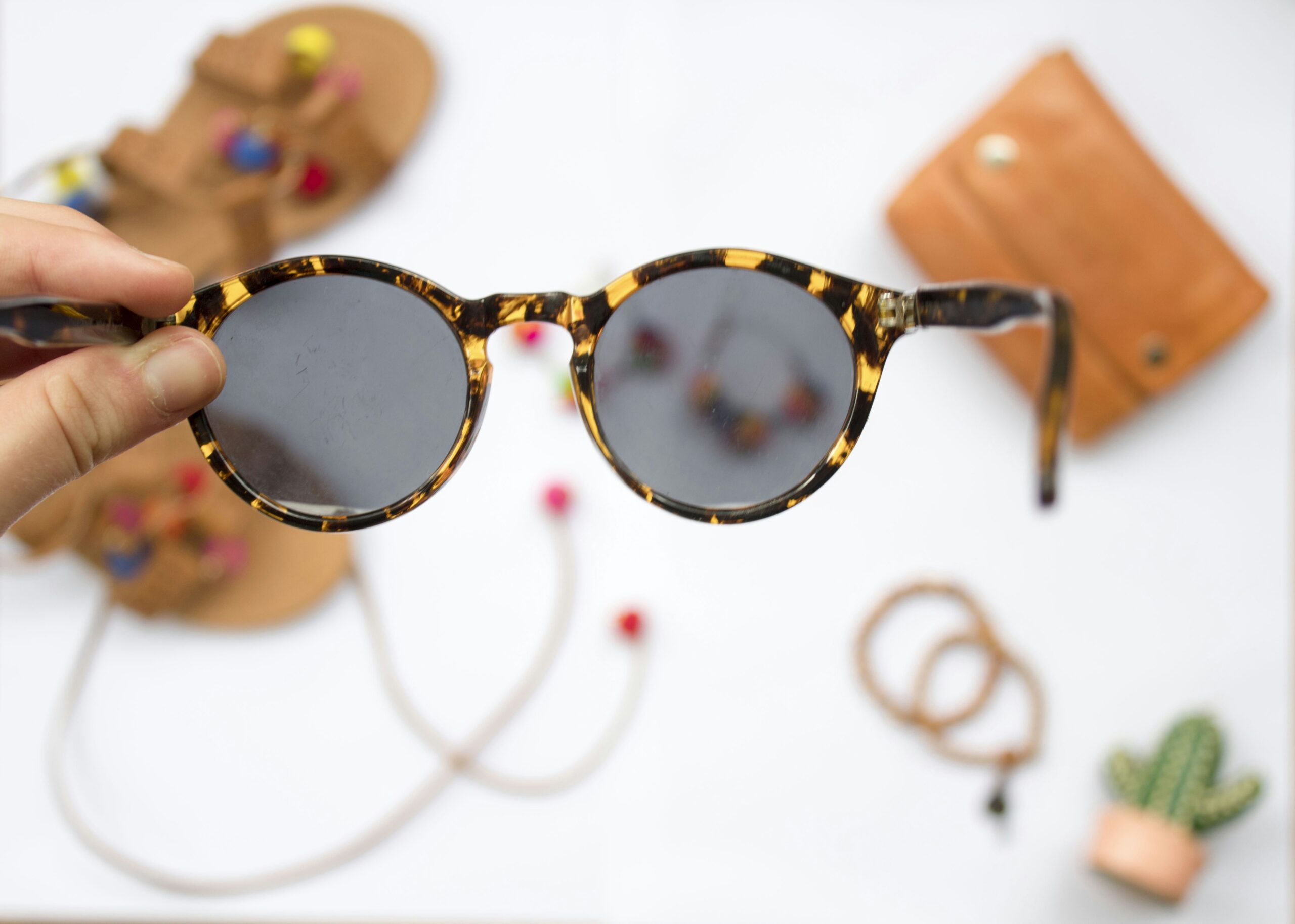
Top Binocular Brands for Birding with Glasses
There are several top binocular brands known for producing high-quality optics specifically designed for birding with glasses.
Overview of top brands
-
Nikon: Nikon is a renowned brand in the world of optics, known for producing binoculars with exceptional clarity and performance. Their range of binoculars includes models with long eye relief, making them suitable for glasses wearers.
-
Zeiss: Zeiss is another well-respected brand with a reputation for producing premium binoculars. Their models often offer excellent optics, wide fields of view, and comfortable eye relief, making them ideal for those who wear glasses.
-
Swarovski: Swarovski is known for its precision optics and high-quality binoculars. Their models are designed to deliver exceptional clarity and detail, with some offering generous eye relief for glasses wearers.
Highlighting specific models ideal for glasses wearers
While each brand mentioned above offers a range of binoculars suitable for glasses wearers, there are a few specific models worth highlighting:
-
Nikon Monarch 7: The Nikon Monarch 7 series is well-regarded for its exceptional optics and long eye relief. These binoculars provide a clear and bright view, even for those wearing glasses.
-
Zeiss Terra ED: The Zeiss Terra ED series offers excellent optics and a wide field of view. These binoculars also feature a comfortable eye relief, ensuring a comfortable viewing experience for glasses wearers.
-
Swarovski EL: The Swarovski EL series is known for its superior optical performance and ergonomic design. These binoculars provide excellent eye relief and a spectacular viewing experience for glasses wearers.
Detailed Reviews of Best Binoculars for Birding with Glasses
To further assist glasses wearers in their search for the perfect binoculars, let’s delve into some detailed reviews of the best options available on the market.
Features and benefits
It is important to analyze the features and benefits of each model to determine which binoculars best suit your birding needs. Consider factors such as the optical quality, field of view, eye relief, and overall comfort.
Pros and cons
Reviewing both the pros and cons of each model will help you make an informed decision. Take note of any potential drawbacks or limitations mentioned by users or experts in their reviews.
User reviews
User reviews provide valuable insights into the real-world performance and reliability of binoculars. Pay attention to feedback from other glasses wearers and their experiences with specific models. This will give you a better idea of how well the binoculars accommodate glasses and if they meet your expectations.
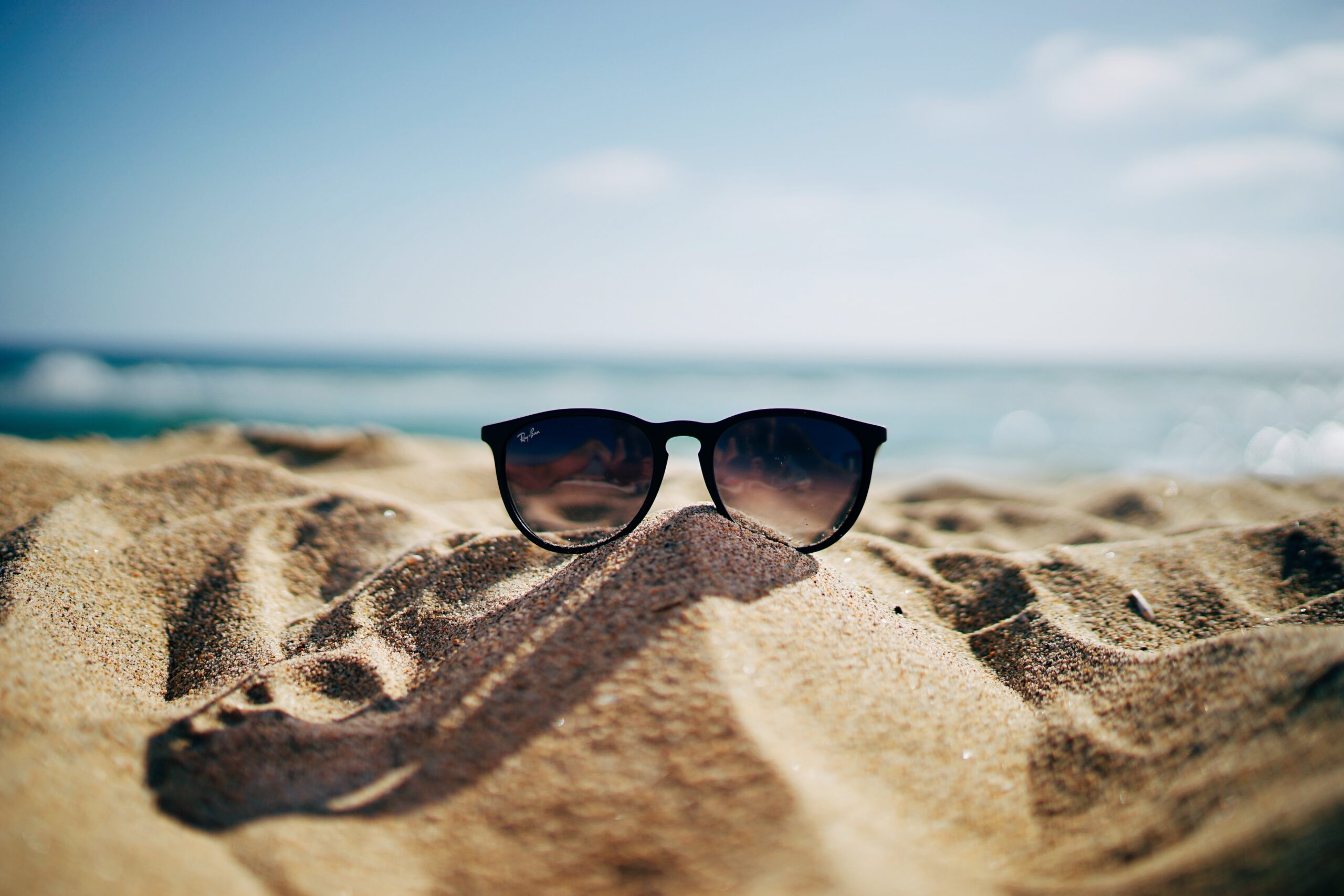
How to Use Binoculars with Glasses for Birding
Once you have chosen the perfect binoculars for birding with glasses, it’s important to know how to use them effectively to fully enjoy your bird watching adventures.
Ensuring proper fit and comfort
Start by adjusting the interpupillary distance, which is the distance between the centers of your eyes. This adjustment helps align the binoculars with your eyes and provides a comfortable viewing experience. Make sure the eyecups are fully extended or adjusted to the appropriate position to accommodate your glasses.
Tips for effective focus and view adjustment
To achieve a sharp focus, use the central focusing wheel to adjust the focus of both binocular barrels simultaneously. Once the focus is set, you can fine-tune adjustments using the diopter adjustment on the right eyepiece. This allows you to compensate for any differences in vision between your eyes.
Care and Maintenance of Binoculars for Birding with Glasses
To ensure the longevity and optimal performance of your binoculars, proper care and maintenance are essential.
Cleaning tips
Regularly clean the lenses and eyepieces using a soft microfiber cloth or lens cleaning solution specifically designed for optics. Avoid using abrasive materials or harsh chemicals that could damage the lens coatings.
Storage guidelines
When not in use, store your binoculars in a dry and dust-free environment. Consider using a protective case or pouch to prevent any scratches or damage. Keep them away from extreme temperatures or humidity that could affect the internal components.
Routine maintenance tasks
Periodically check and tighten any screws or fasteners to ensure your binoculars remain in good working condition. Lubricate any moving parts as recommended by the manufacturer. It’s also advisable to have your binoculars professionally serviced at regular intervals to maintain their performance and address any potential issues.
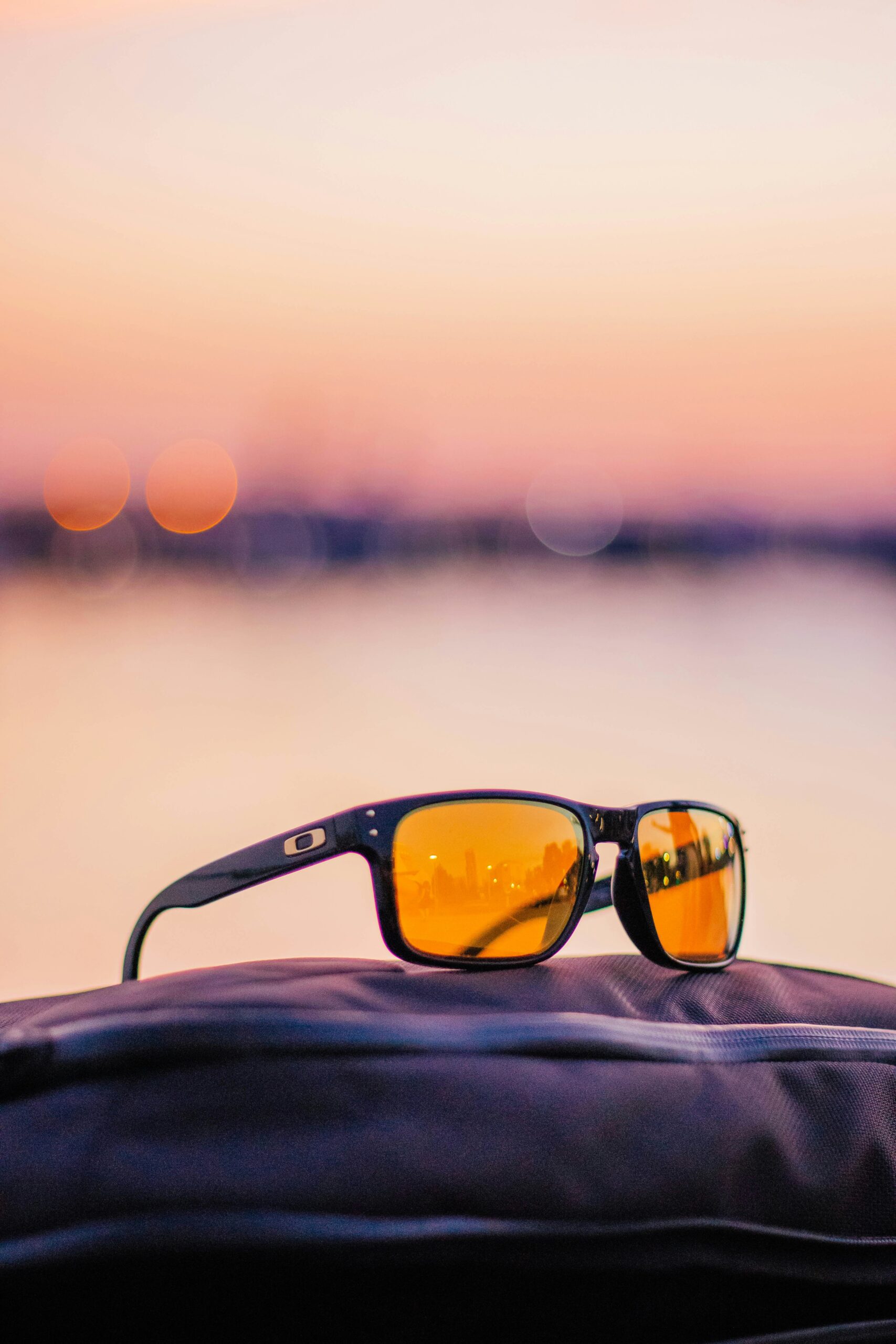
Overcoming Common Issues with Binoculars and Glasses
While binoculars designed for glasses wearers can greatly improve the birding experience, there are still some common issues that may arise.
Addressing fogging issues
To prevent fogging, opt for binoculars that feature fog-proofing technology, such as nitrogen or argon purging. These features help keep the internal components free from moisture and fogging, ensuring clear and unobstructed views.
Dealing with shifting or slipping binoculars
To prevent binoculars from shifting or slipping, ensure that the neck strap is properly adjusted and securely fastened. Consider using a harness-style strap for added stability and comfort, as it distributes the weight evenly across your shoulders and back.
Mitigating discomfort during extended use
Extended use of binoculars can sometimes lead to discomfort, particularly for glasses wearers. Take breaks from using binoculars to rest your eyes. When wearing glasses, make sure they fit properly and are not causing any additional pressure or discomfort when using binoculars. Adjust the interpupillary distance and eyecups as needed for maximum comfort.
Optimal Settings for Bird Watching with Binoculars and Glasses
To enhance your bird watching experience, it’s important to optimize the settings of your binoculars.
Adjusting for optimal focus
Ensure your binoculars are properly focused based on your vision and the distance to the subject. Take your time to adjust the central focusing wheel and diopter adjustment until you achieve the sharpest and clearest focus.
Strategies for dealing with low light or glare
In low light conditions, consider using binoculars with larger objective lenses, as they allow more light to enter and provide brighter views. To minimize glare, use a lens hood or position yourself in a way that blocks any direct sunlight. Adjusting the eyecups to the proper position can also help reduce unwanted light and glare.
Alternative Tools for Bird Watching with Glasses
While binoculars are the most commonly used tool for bird watching, there are alternative options worth considering.
Monoculars and their potential benefits
Monoculars are compact, single-eye viewing devices that can be beneficial for glasses wearers who prefer a lighter and more portable option. They offer similar functionality to binoculars but with the convenience of using only one eye. Monoculars with long eye relief can also accommodate glasses wearers.
Spotting scopes and when to use them
Spotting scopes are a popular choice for birders who require greater magnification and clarity for long-distance viewing. They are often used in conjunction with binoculars to spot birds from a distance and then switch to binoculars for closer observation. Spotting scopes can be particularly useful when bird watching in open areas or observing rarer bird species.
Frequently Asked Questions about Birding Binoculars for Glasses Wearers
To address common queries and misconceptions surrounding birding binoculars for glasses wearers, let’s explore some frequently asked questions.
Answering common queries
Answer questions such as “Can I use regular binoculars with glasses?” or “What is the ideal eye relief for glasses wearers?”
Addressing misconceptions
Dispel any misconceptions or myths related to birding binoculars and glasses wearers. Address concerns about comfort, optical performance, and finding the right binoculars for specific needs.
By considering all these factors and taking advantage of the information provided in this article, you can select the best binoculars for birding with glasses that perfectly suit your needs. With the right pair of binoculars, you can embark on your bird watching adventures with unmatched clarity, comfort, and enjoyment. Happy birding!
